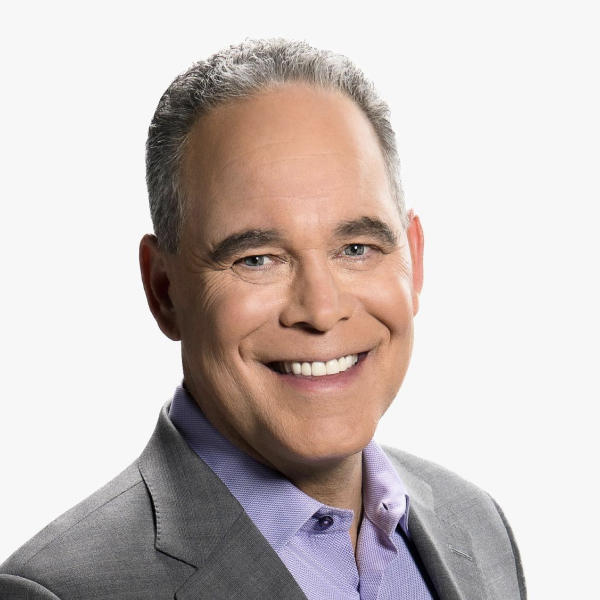A year after Sandy, flood insurance premiums are skyrocketing
(CBS News) Tuesday marks one year since Hurricane Sandy barreled into the Northeast. It was the second costliest storm on record, after Katrina, with damage totaling $50 billion.
One year later, the ruins are gone, but rebuilding is very slow.
Many who live near the shore now fear they may have to leave for good as the cost of flood insurance skyrockets.
At age 82, Mae Kelleher would like to enjoy this time of life and the serenity of her view at the Jersey Shore. But Sandy pushed nearly five feet of bay water into her home, and left behind $42,000 in damage.
Kelleher was left with a home that was "saturated with all-black muck."
"We did the bathroom, the heating system, the hot water heater, the air conditioning. Everything was replaced," she said.
Insurance paid for it all. The money came from a federally subsidized flood insurance program for homeowners living in flood zones, a program now running a $24 billion deficit.
Congress passed a law to get rid of that shortfall by raising insurance premiums and eliminating those federal subsidies. But roughly one million homeowners from coast to coast and in Hawaii will see their rates skyrocket.
In the next five years, Kelleher's annual premium could jump from $850 to more than $9,000.
"I couldn't handle that," she said.
Rep. Maxine Waters co-sponsored the bill, but the California Democrat says she never expected her own legislation could have such a devastating impact.
"We did have unintended consequences. Some of the premiums that are being talked about we think are outrageous, and we're going to go through this program and go through it piece by piece and fix it," she said.
Waters blames the Federal Emergency Management Agency for bungling the estimates of impact to people like Kelleher. FEMA turned down CBS News' request for an interview.
Waters says Congress will order FEMA to put the rate hikes on hold until lawmakers can come up with a new plan that won't drive people out of their homes.
That's good news for Kelleher, since she can't afford the premium hike or the cost of lifting her home above the flood line.
If the insurance premiums do go up, she will have to figure out what to do.
"That's probably what I'll have to do, is go without insurance," Kelleher said.
Both the House and the Senate are expected to introduce plans to address the issue of rising premiums, and people around the country will be watching very closely.


